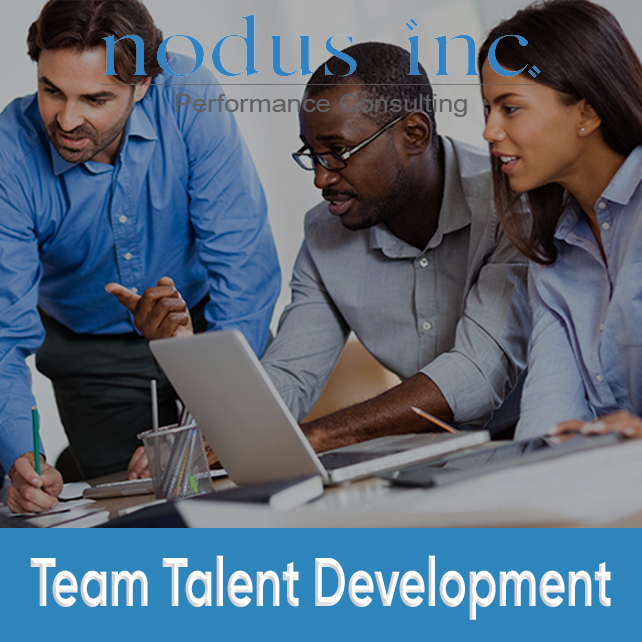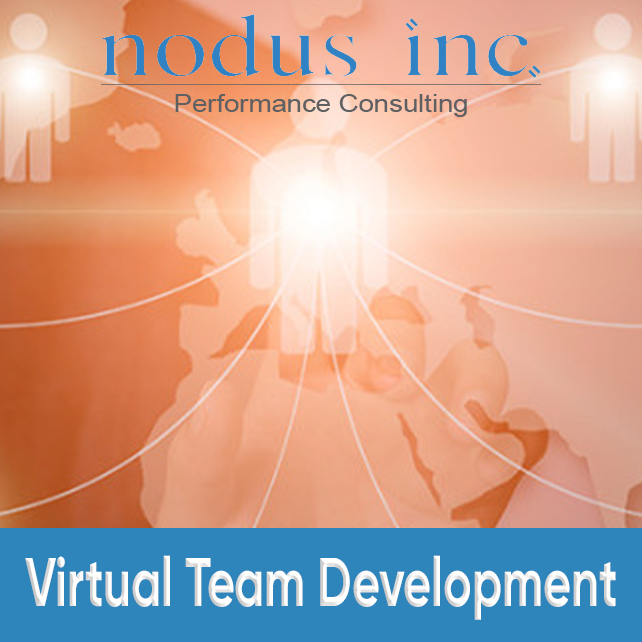IMPROVING COLLABORATION THROUGH MBTI
Team Talent Development
Improving Collaboration Through MBTI
In today’s fast-paced environment, everyone is called upon to work as a team. Assembling a group of people to accomplish a task does not necessarily create a team that can accomplish more than what individuals could accomplish on their own. Success often requires team talent development because it takes understanding team concepts, understanding team members as individuals, and creating a commitment to work together to bring a team to achieve synergy and high impact performance.
This series of team talent development workshops provide the tools to build trust and improve team performance through the Five Dysfunctions of a Team framework and MBTI® Step II.
Improving Collaboration Through MBTI
Course Objectives
Session 1
- Participants have an opportunity to learn their strengths and weaknesses as a team member through the Myers-Briggs Personality Type Indicator® (MBTI®).
- Understanding personality type dynamics creates awareness of the opportunity to value diversity within the team and build trusting relationships. “Aha” moments occur frequently as team members learn how and why we act differently through team talent development.
- Interactive exercises applying type concepts provide practical, memorable examples of how uniquely individuals communicate, handle conflict, and deal with change.
- Learn and understand the Team Type and use it to build stronger teamwork.
- Online MBTI® administration allows easy access and confidentiality in using the instrument.
Session 2
- Team assessment (Five Dysfunctions) to determine focus areas for team talent development.
- Apply concepts of MBTI® type to improve communication, ability to engage in healthy conflict, and understand problem- solving approaches.
- Focus on results as a team and determine the thematic goal or top results needed to solidify commitment and focus on results.
Session 3
- Continue working together on improvement areas as identified by team assessment.
- Learn and practice team accountability, decision-making, and continue to focus on communication.
- Use Team Type (MBTI®) to strengthen the communication plan. This may also include StrengthsFinder 2.0 and blend tools to understand individual team members and team strengths.
- May tie-in virtual team concepts as appropriate.
Who Should Attend ?
Anyone who is a part of a new or intact team who would like to benefit from the improved results, teamwork, and productivity that will result from team talent development.
Course Duration
3 half or full-day face-to-face sessions over 6 months to 1 year
RELATED CLASSES
No Results Found
The page you requested could not be found. Try refining your search, or use the navigation above to locate the post.

Accountability Training Building a Culture of Engagement and Results
Accountability training is critical in today’s market place as accountability is a hot issue for organizations facing competing priorities and challenges in executing goals. This accountability training program builds a mindset for personal accountability and responsibility with a focus on accountability for results.

Delivering High Impact Virtual Presentations
Many presentations and meetings in organizations today are not face-to-face but delivered over teleconference or video conference. Although these meetings can be cost effective, there are many challenges in communicating information virtually.

Virtual Leadership Training
This course is for leaders of teams who are geographically dispersed either locally in separate offices, globally, through home offices, or any configuration where the team is rarely face-to-face and must conduct business meetings virtually.

Communication Skills and Tools for Virtual Teamwork
Building virtual teams can be challenging. Learning effective virtual communication skills allows for quicker ramp up and helps avoid challenges faced when working and communicating remotely.
Keep up with Nodus &
Nodus President Debbie Waggoner
on Twitter and LinkedIn.
